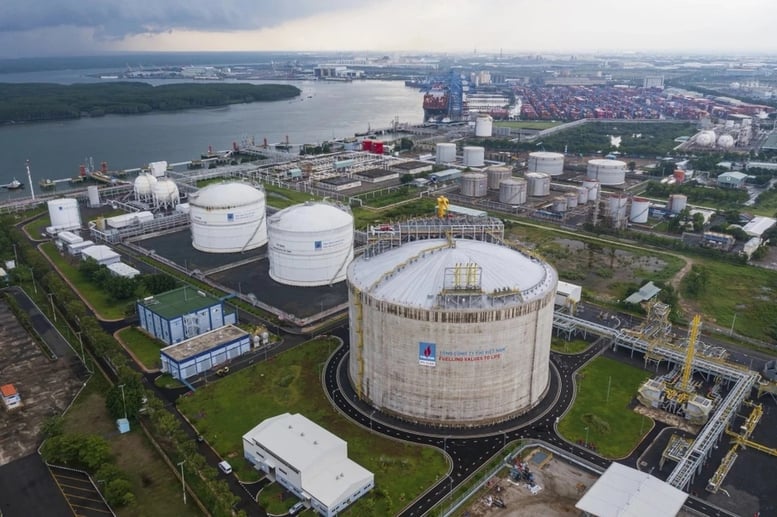
Government amends regulations on development mechanism of gas-fired thermal power projects
Decree No. 100/2025/ND-CP amends and supplements a number of contents of Article 15 of Decree No. 56/2025/ND-CP to provide more specific regulations on the mechanism for mobilizing thermal power projects using domestically exploited natural gas sources in accordance with the State's policy on electricity development and practical needs in the coming period.
Specifically, the name of Article 15 is amended and supplemented to "Mechanism for ensuring consumption of domestically exploited natural gas sources; principles for transferring fuel prices to electricity prices and long-term minimum contract electricity output for gas-fired thermal power projects". The Ministry of Industry and Trade said that amending the name of Article 15 does not change the content of Article 15 but only ensures coverage and a full listing of the contents assigned in Clause 2, Article 12 of the Electricity Law.
At the same time, Decree No. 100/2025/ND-CP amends and supplements Clause 3 and Clause 4, Article 15 of Decree No. 56/2025/ND-CP on the mechanism for developing gas-fired thermal power projects.
Mechanism for developing gas-fired thermal power projects using domestically exploited natural gas
a) Gas-fired thermal power projects using domestically exploited natural gas are operated and mobilized at the maximum level according to gas supply capacity, meeting the requirements on fuel, capacity and available power generation output of gas-fired thermal power projects, and the needs and technical constraints of the national power system;
b) The provisions at Point a of this Clause apply to gas-fired thermal power projects for which competent state agencies have issued written notices approving the results of the investor's acceptance of the project completion and have begun operating to generate electricity using domestically exploited natural gas before January 1, 2036. The application of the mechanism specified at Point a of this Clause shall continue to apply until the time the gas-fired thermal power plant no longer uses domestically exploited natural gas for electricity generation.
c) In case the ability to supply domestically exploited natural gas cannot meet the electricity generation needs of the gas-fired thermal power plant project, the Electricity Seller and the Electricity Buyer shall negotiate and agree on the fuel usage plan and electricity price in the electricity purchase contract according to current regulations.
The Ministry of Industry and Trade said that thermal power projects using domestically exploited natural gas will indirectly participate in the competitive electricity market, so the mechanism on long-term minimum contract electricity output will not apply and will be operated and mobilized at the maximum level according to the gas supply capacity, meeting the binding requirements on fuel and capacity, available electricity generation output of gas thermal power projects and the needs of the national electricity system.
Mechanism for developing gas-fired power projects using imported LNG
The long-term minimum contract electricity output of a gas-fired thermal power project using imported LNG is agreed upon by the Electricity Seller and the Electricity Buyer in the electricity purchase contract, ensuring the following principles:
a) The long-term minimum contracted electricity output shall not be lower than 65% of the average electricity output of many years of the gas-fired thermal power project. The long-term minimum contracted electricity output shall be applied during the principal and interest repayment period but shall not exceed 10 years from the date the project is put into operation for electricity generation;
b) After the period of applying the long-term minimum contract electricity output, the contract electricity output or the electricity rate paid according to the contract price for the remaining years shall be agreed upon by the Electricity Seller and the Electricity Buyer during the negotiation and agreement of the electricity purchase contract according to relevant regulations;
c) Average electricity output over many years is determined according to the Regulations on methods for determining electricity generation service prices; principles for calculating electricity prices to implement electricity projects; main contents of the electricity purchase and sale contract issued by the Minister of Industry and Trade and specified in the electricity purchase and sale contract.
d) The provisions at Points a, b and c of this Clause apply to gas-fired thermal power projects using imported LNG for which a competent state agency has issued a written notice approving the results of the investor's acceptance of the project completion and starting to generate electricity using imported LNG before January 1, 2031.
Responsibilities of the Electricity Buyer, Electricity Seller, National Power System Control Unit and Electricity Market Transaction Operator
In addition, Decree No. 100/2025/ND-CP also amends and supplements Point a, Clause 5 and Point a, Clause 6, Article 15 of Decree No. 56/2025/ND-CP to conform to the amendments in Clauses 3 and 4, Article 15 above.
Specifically, the Electricity Buyer and the Electricity Seller are responsible for negotiating and agreeing on specific contents of the electricity purchase and sale contract in compliance with the provisions of this Article and other relevant legal provisions.
The National Power System Dispatching Unit and the Power Market Transaction Operation Unit are responsible for planning the operation of the power system and operating competitive power market transactions to ensure compliance with the provisions of this Article and the provisions of law on the operation of competitive power markets at all levels and the operation and dispatch of the power system issued by the Minister of Industry and Trade.
Decree No. 100/2025/ND-CP takes effect from May 8, 2025.
Thanh Quang
Source: https://baochinhphu.vn/quy-dinh-moi-ve-co-che-phat-trien-cac-du-an-nhiet-dien-khi-102250509093914971.htm



![[Photo] Prime Minister Pham Minh Chinh receives leaders of Excelerate Energy Group](https://vphoto.vietnam.vn/thumb/1200x675/vietnam/resource/IMAGE/2025/5/29/c1fbe073230443d0a5aae0bc264d07fe)


![[Photo] Prime Minister Pham Minh Chinh attends the event "Digital transformation of the banking industry by 2025"](https://vphoto.vietnam.vn/thumb/1200x675/vietnam/resource/IMAGE/2025/5/29/0e34cc7261d74e26b7f87cadff763eae)



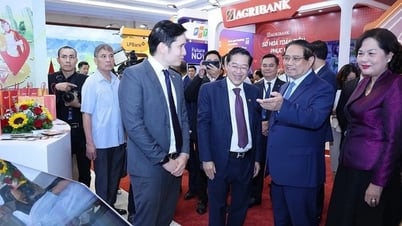
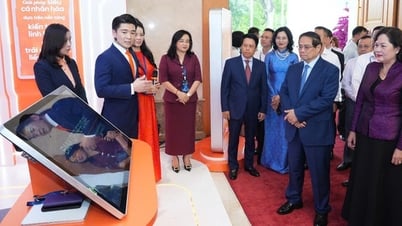
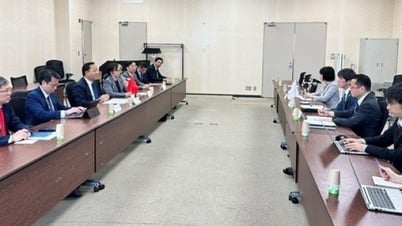








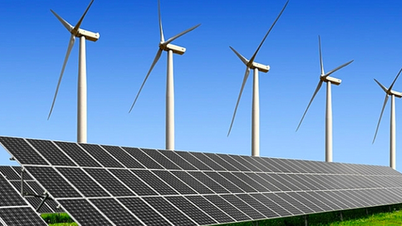
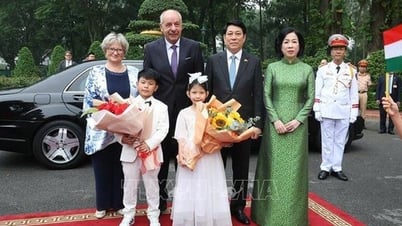
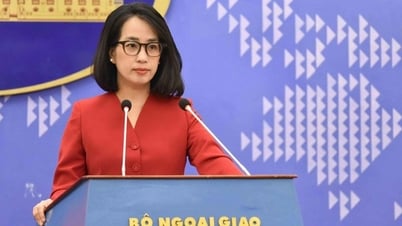
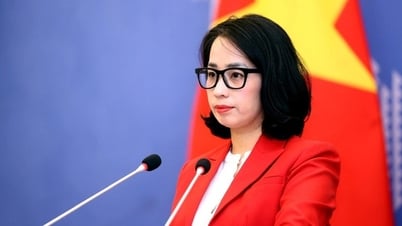

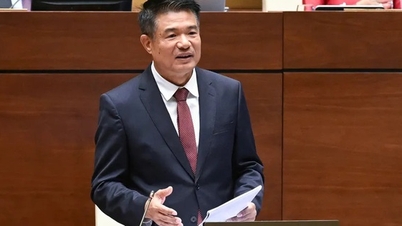





















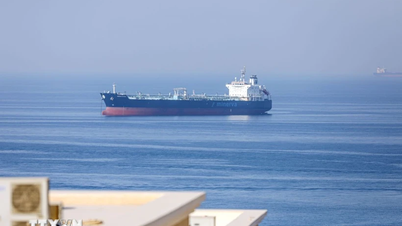





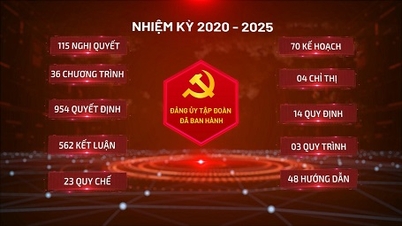


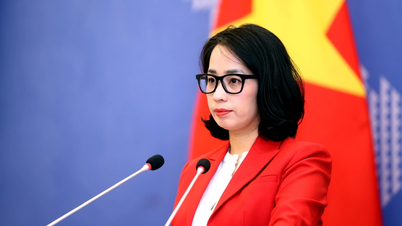







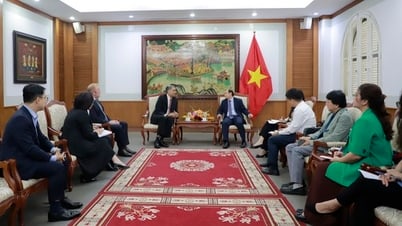
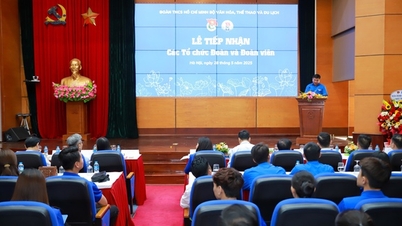

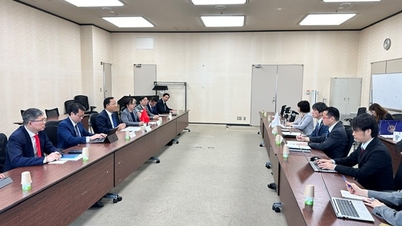

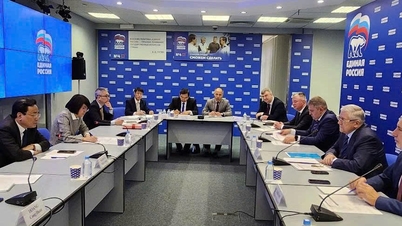

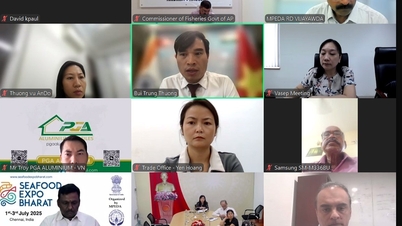

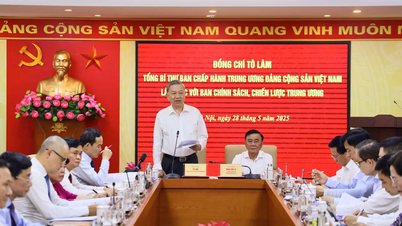


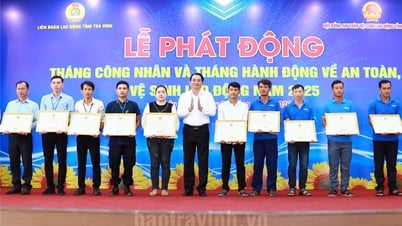


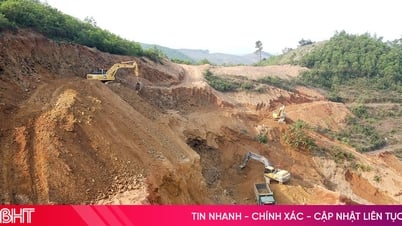


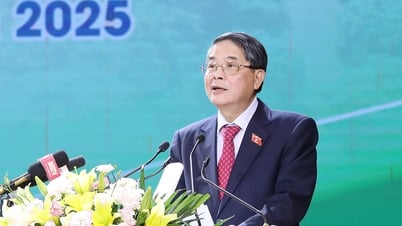







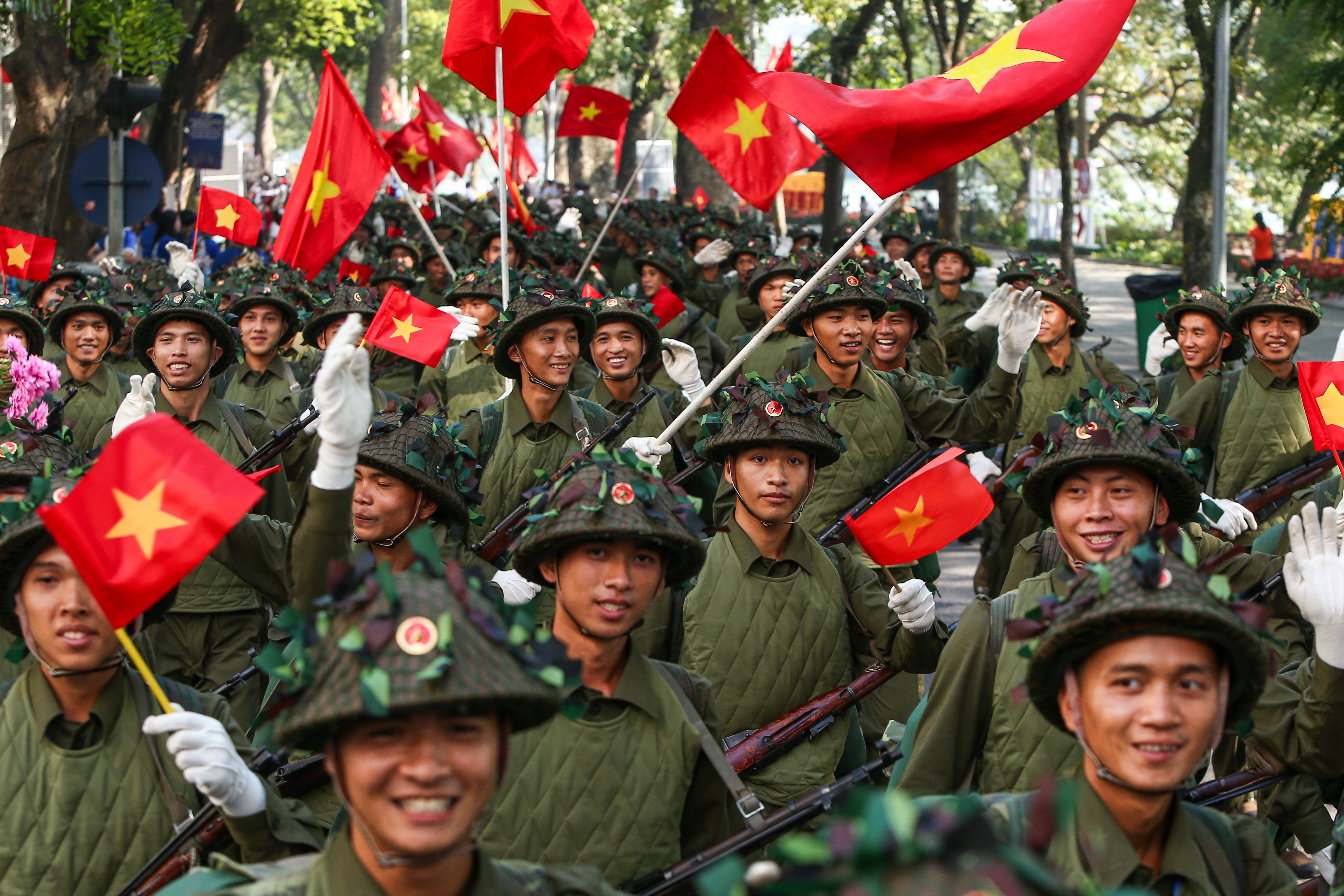



Comment (0)